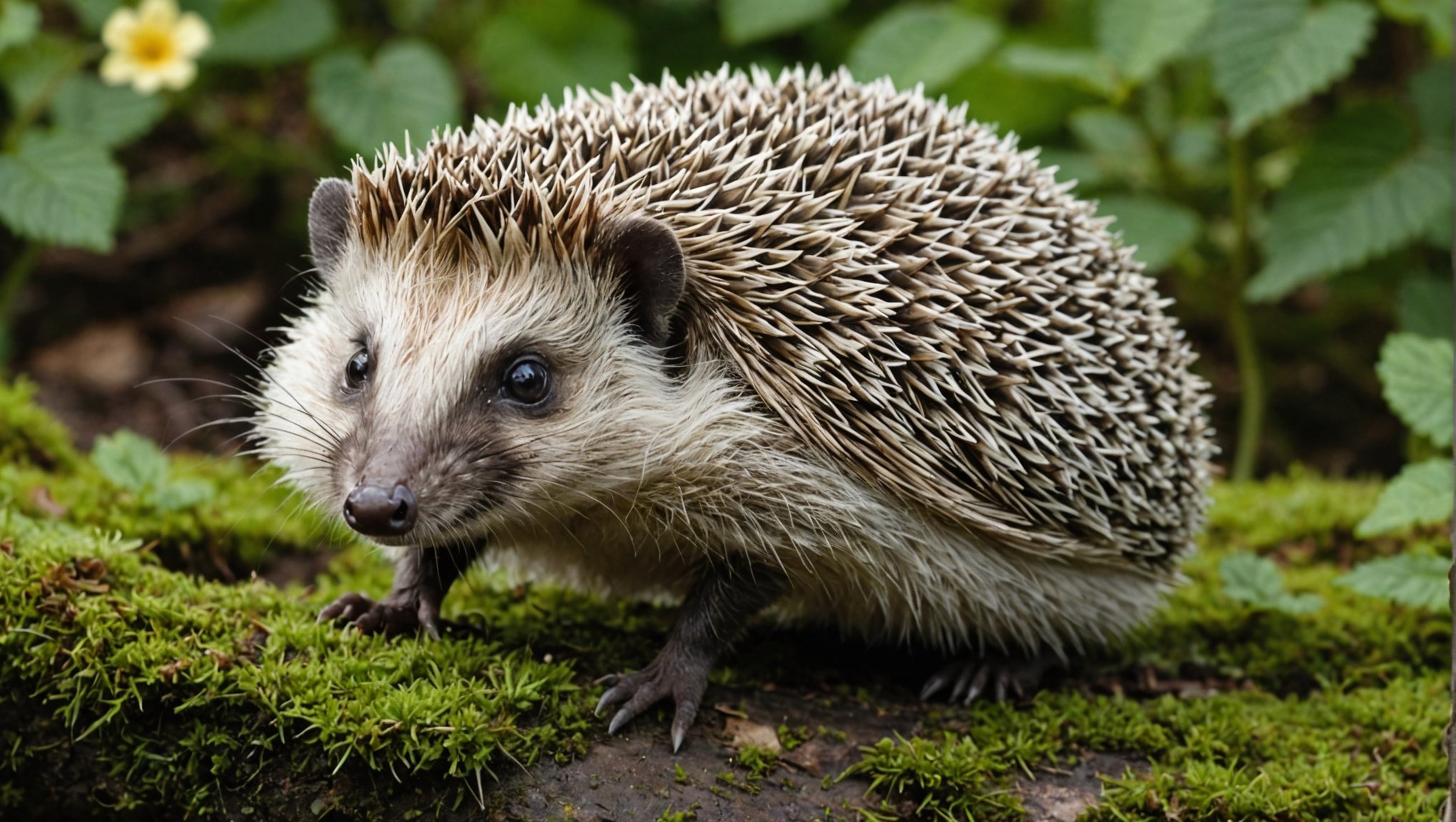Slugs are a common problem for many gardeners. These slimy creatures have a penchant for leafy greens and tender young plants. However, while it might be tempting to eliminate them entirely from your garden, it’s crucial to remember that they also play a critical role in the ecosystem. Furthermore, many of the common methods used to control slugs can be harmful to hedgehogs, a species of wildlife that can be beneficial to your garden.
The Importance of Slugs and Hedgehogs in the Ecosystem
Before delving into slug control methods, let’s take a moment to understand the roles that both slugs and hedgehogs play in our gardens and wider ecosystems.
Sujet a lire : Can you train your British Shorthair cat to perform tricks?
Slugs act as a natural composting system, breaking down dead plant material and returning vital nutrients to the soil. Their slime trails also contain nitrogen, an essential nutrient for plant growth.
Hedgehogs, on the other hand, are a gardener’s best friend as they can eat up to 100 slugs and snails a night. This natural predation helps to keep slug and snail populations under control. However, these prickly creatures are in decline in many areas due to habitat loss and poisoning from slug control methods like slug pellets.
Avez-vous vu cela : Can a Border Terrier’s diet influence the condition of its wiry coat?
Choosing Slug-Resistant Plants
One of the simplest and most natural methods to deter slugs from your garden is to choose plants that they don’t like. Some plants are less appealing to slugs due to their taste, texture, or because they contain natural compounds that deter these pests.
Opting for slug-resistant plants can lessen the impact of slugs on your garden without resorting to harmful control methods. Among the plants that slugs tend to avoid are geraniums, euphorbias, and ferns. Also, choose plants with thick leaves, strong scents, or those that are hairy or prickly. These plants not only reduce the appeal of your garden to slugs but also provide habitats for wildlife like hedgehogs.
Using Natural Slug Deterrents
Another effective method to deter slugs without harming hedgehogs is to employ natural deterrents. These methods are safe for wildlife, including hedgehogs, birds, and beneficial insects.
Beer traps are a common and effective natural slug control method. By burying a pot filled with beer into the soil, slugs are attracted to the yeast in the beer and will fall into the pot and drown. However, ensure that the edge of your pot is high enough that hedgehogs cannot reach the beer, as it can be harmful to them.
Copper is another excellent natural deterrent. When a slug comes into contact with copper, it creates a small electric shock that deters the slug from crossing. Copper tape or mesh can be placed around the base of plants or pots to deter slugs.
Promoting Natural Predators
Hedgehogs are natural predators of slugs and can play a significant role in slug control. By creating an inviting habitat for hedgehogs, you can encourage these snail munchers to visit and reside in your garden, providing a natural form of slug control.
Leave wild areas in your garden, like log piles or leaves, where hedgehogs can shelter and hibernate. Provide a shallow dish of water, particularly during dry spells, and avoid using netting in your garden to prevent hedgehogs from getting tangled.
Maintaining Good Garden Hygiene
Lastly, maintaining good garden hygiene can help deter slugs and prevent an infestation. Slugs thrive in damp, shady areas with lots of hiding places.
By keeping your garden neat and tidy, you can reduce the areas where slugs can hide during the day. Regularly remove dead leaves and other plant debris, avoid overwatering your plants, and space your plants appropriately to ensure good airflow and minimize damp, shady areas.
However, remember that a too-tidy garden can deter wildlife like hedgehogs. So, aim for a balance between garden hygiene and maintaining wildlife-friendly habitats.
In conclusion, it’s possible to deter slugs from your garden without resorting to harmful control methods that can harm beneficial wildlife like hedgehogs. By understanding the roles of both slugs and hedgehogs in the ecosystem, choosing slug-resistant plants, using natural slug deterrents, promoting natural predators, and maintaining good garden hygiene, you can create a balanced and harmonious garden ecosystem.
Using Iron Phosphate and Coffee Grounds
Iron phosphate is a safer alternative to the traditional slug pellets that harm not only slugs but also the beneficial wildlife such as birds and hedgehogs. Iron phosphate is a naturally occurring mineral that is toxic to slugs and snails but safe for other animals and humans. You can find iron phosphate in granular form, which can be sprinkled around the base of your plants or across the garden. The slugs will consume the granules, and the iron phosphate works to kill them from the inside.
Another natural way to deter slugs is by using coffee grounds. Caffeine in coffee grounds has been found to be toxic to slugs. Sprinkle dried coffee grounds around the base of your plants or in areas you notice slugs frequenting. The coarse texture of the coffee grounds also deters slugs from moving across them. Remember, though, to use coffee grounds sparingly as they can alter the pH level of your soil which may not be suitable for all plants.
Protecting Fruit Trees and Vegetable Beds
If you have fruit trees or vegetable beds, you may find that these areas are a hot spot for slugs. To protect these plants, consider using barriers to deter slugs. The use of copper tape, mentioned earlier, can be very effective when wrapped around tree trunks or the edges of raised beds. The small electrical charge generated when a slug touches the copper will deter it from crossing over.
For vegetable beds, consider raised beds with copper tape or mesh around the edges. Raised beds not only deter slugs but also provide easier access for you and better drainage for your plants.
In conclusion, there are many measures you can take to control slugs without causing harm to hedgehogs and other beneficial wildlife. It’s crucial to remember the importance of slugs in the ecosystem and to choose methods that are not only effective but also safe for other creatures. By using methods such as choosing slug-resistant plants, employing natural deterrents like beer traps, copper tape, iron phosphate, and coffee grounds, promoting natural predators like hedgehogs, and maintaining good garden hygiene, you can successfully rid slugs from your garden in an eco-friendly way. The key is to strike a balance between controlling the slug population and preserving the health and diversity of your garden’s ecosystem.











